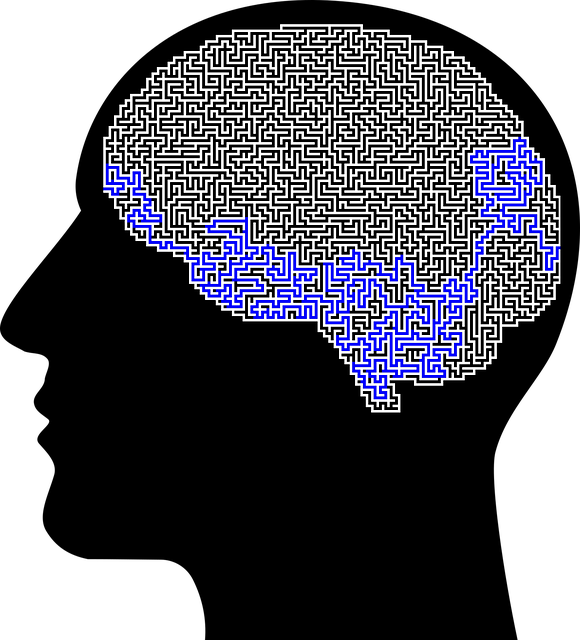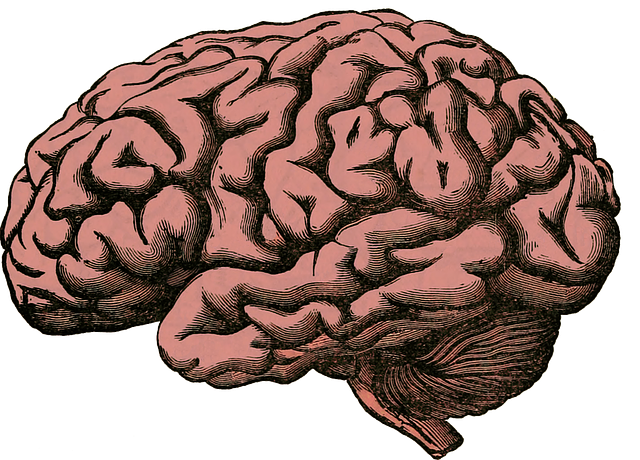Mental health diagnosis in Highlands Ranch, Colorado, is complex due to overlapping symptoms and individual variations, especially for PTSD. Misdiagnosis remains a challenge despite advancements. To improve accuracy, evidence-based practices like burnout prevention strategies for healthcare providers are crucial. Prioritizing stress management and emotional healing processes benefits patient care and treatment outcomes, enhancing the quality of mental healthcare services in Highlands Ranch, particularly for PTSD therapy. Innovative strategies, including emotional intelligence integration and technology-aided assessments, alongside training, improve diagnosis consistency and effectiveness. Public awareness campaigns further support better access to resources, leading to improved patient outcomes and heightened quality of life.
Mental illness diagnosis accuracy is a critical aspect of patient care, yet it remains a challenging domain. This article delves into the intricacies of understanding mental health diagnoses and explores the current landscape, highlighting challenges that hinder accurate assessments. We examine innovative strategies aimed at enhancing diagnostic reliability, drawing from successful cases like Highlands Ranch Post-Traumatic Stress Disorder Therapy. By examining these efforts, we hope to shed light on promising paths forward in improving mental illness diagnosis accuracy.
- Understanding Mental Illness Diagnoses: The Current Landscape
- Challenges in Diagnosis: Uncovering the Barriers to Accuracy
- Innovative Strategies for Enhancing Diagnostic Reliability
- Case Studies: Success Stories in Highlands Ranch Post-Traumatic Stress Disorder Therapy
Understanding Mental Illness Diagnoses: The Current Landscape

Mental illness diagnoses are complex, often involving a web of symptoms that can overlap between various disorders. In the current landscape, healthcare providers in Highlands Ranch and beyond face significant challenges when it comes to accurate diagnosis, particularly with conditions like Post-Traumatic Stress Disorder (PTSD). The vast array of potential symptoms, varying presentations across individuals, and the presence of comorbidities make for a intricate diagnostic process. While progress has been made in understanding these disorders, misdiagnosis remains a concern due to the subtle nature of many mental health issues.
Efforts to improve diagnosis accuracy are crucial, given the impact on patient care and treatment outcomes. Incorporating evidence-based practices, such as Burnout Prevention Strategies for Healthcare Providers, can enhance diagnostic precision. By prioritizing Stress Management techniques and fostering emotional healing processes, providers in Highlands Ranch can navigate this intricate landscape more effectively. This approach not only benefits individual patients but also contributes to the overall improvement of mental healthcare services.
Challenges in Diagnosis: Uncovering the Barriers to Accuracy

Diagnosing mental health conditions accurately can be a complex task due to several barriers that often obscure clear insights into an individual’s psychological state. One significant challenge lies in the multifaceted nature of human behavior and emotions, which can make it difficult for healthcare professionals to pinpoint specific disorders. For instance, symptoms of Post-Traumatic Stress Disorder (PTSD) can overlap with those of Depression or Anxiety, leading to misdiagnosis or delayed treatment. This complexity is further exacerbated by individual differences in how people express and experience distress, resulting in varying presentations of similar conditions.
In the context of Highlands Ranch, Colorado, where access to mental health services is readily available, efforts are continually being made to enhance diagnosis accuracy. This involves a combination of advanced training for therapists on recognizing subtle symptoms, encouraging open communication between patients and healthcare providers, and promoting positive thinking as a preventive measure against depression and other mood disorders. By integrating these strategies, the community aims to foster mental wellness and improve outcomes for individuals navigating their psychological challenges.
Innovative Strategies for Enhancing Diagnostic Reliability

In the quest for improving mental illness diagnosis accuracy, innovative strategies are transforming the landscape of Highlands Ranch Post-Traumatic Stress Disorder (PTSD) therapy. Beyond traditional methods, modern approaches emphasize integrating emotional intelligence and resilience building into diagnostic processes. By fostering a deeper understanding of patients’ emotional healing processes, therapists can uncover nuanced details that enhance diagnostic reliability.
Embracing technology, such as evidence-based digital interventions, allows for more comprehensive assessments. These tools not only gather detailed information but also provide standardized criteria for diagnosis, reducing subjectivity and increasing consistency. Combining these innovative strategies with ongoing training in best practices ensures that therapists in Highlands Ranch are equipped to deliver precise and effective PTSD therapy, ultimately improving patient outcomes and fostering a more supportive mental health environment.
Case Studies: Success Stories in Highlands Ranch Post-Traumatic Stress Disorder Therapy

In Highlands Ranch, case studies have emerged as powerful tools to highlight the success stories of Post-Traumatic Stress Disorder (PTSD) therapy. These narratives showcase the positive impact of specialized interventions tailored to address the unique challenges faced by individuals dealing with PTSD. By sharing these success stories, the community has contributed significantly to raising public awareness about PTSD and the effectiveness of available treatments.
The development of public awareness campaigns and enhanced healthcare provider cultural competency training have played a pivotal role in this progress. Through these initiatives, individuals affected by PTSD have gained better access to resources and support. Emotional intelligence, fostered through education and sensitivity training, has enabled healthcare providers to offer more empathetic and accurate diagnoses. This holistic approach ensures that patients receive the appropriate care, leading to improved outcomes and enhanced quality of life for those struggling with PTSD in Highlands Ranch and beyond.
Mental illness diagnosis accuracy has long been a complex issue, but with innovative strategies and dedicated efforts, such as the successful implementation of Highlands Ranch Post-Traumatic Stress Disorder (PTSD) therapy, significant improvements are achievable. By addressing the challenges through comprehensive understanding, advanced tools, and tailored approaches, we can ensure more accurate diagnoses and effective treatment plans. These efforts not only honor the complexity of mental health but also empower individuals on their paths to recovery.








